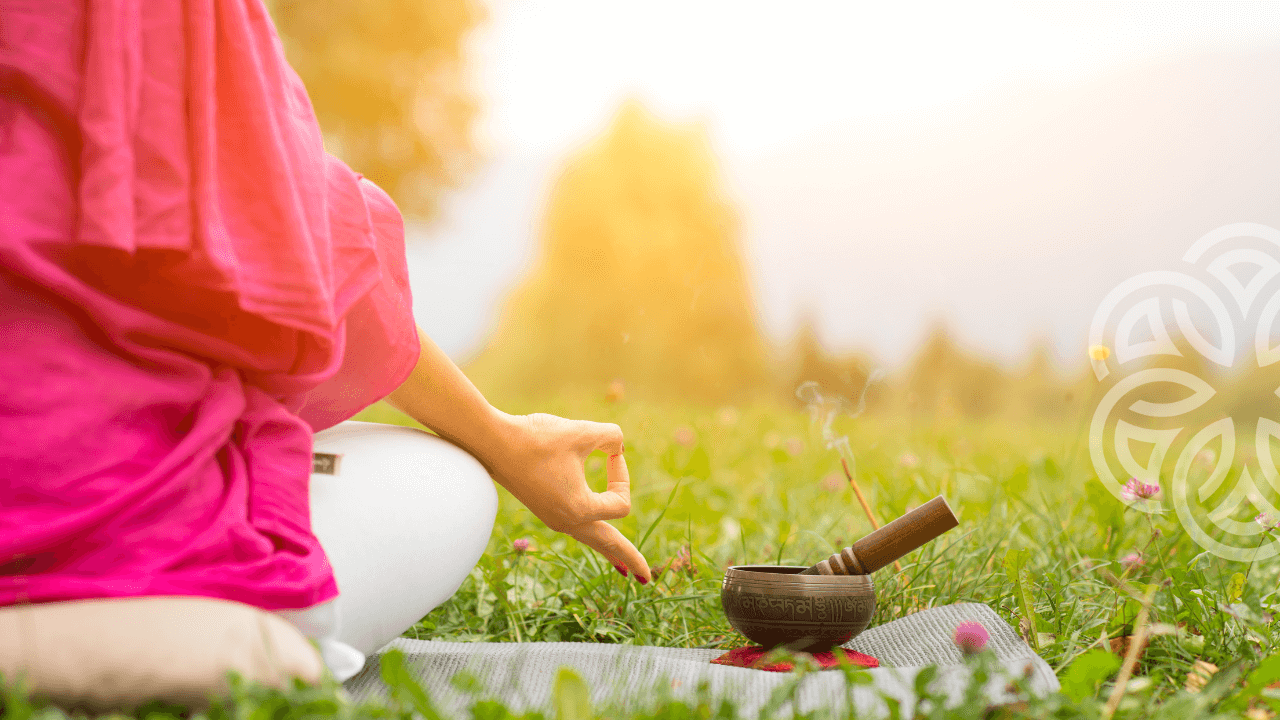GABA: Your Brain’s Natural Calming Agent and Its Impact on Sleep


In the fast-paced world we live in, finding effective ways to unwind and achieve restful sleep has become a priority for many. One key player in the realm of relaxation and sleep regulation is GABA, or Gamma-Aminobutyric Acid. In this blog post, we will delve into the fascinating world of GABA, exploring its role as your brain's natural calming agent and its profound impact on sleep.
Understanding GABA:
Gamma-Aminobutyric Acid, is a neurotransmitter that plays a crucial role in regulating brain activity. Its primary function is to inhibit or calm the neurons in the brain, acting as a natural relaxant. Is often referred to as the brain's "brake pedal," counteracting the stimulating effects of other neurotransmitters.
Picture it as a seesaw – excitatory neurotransmitters push up, and GABA brings a balancing act to prevent overload. This delicate equilibrium ensures moments of calm amidst the neural buzz. This dance of GABA receptors isn't just for relaxation; it also prevents neural circuits from going haywire, protecting us from conditions like epilepsy or chronic anxiety. Gamma-Aminobutyric Acid is the brain's secret sauce for maintaining a cool, balanced state of mind.
The Calming Effect of GABA:
When GABA binds to its receptors in the brain, it has a calming effect on the nervous system. This not only helps in reducing anxiety and stress but also promotes a sense of relaxation and tranquility. As a result, GABA is often associated with improved mood and a general sense of well-being.
GABA and Sleep:
The relationship between GABA and sleep is intricate and noteworthy. Research suggests that GABA plays a pivotal role in the sleep-wake cycle, influencing the quality of both REM (Rapid Eye Movement) and non-REM sleep. By promoting a state of relaxation, GABA facilitates the transition from wakefulness to sleep, contributing to a more restful and rejuvenating night's rest.
GABA Supplements and Sleep Improvement:
For those seeking natural ways to enhance sleep quality, GABA supplements have gained popularity. These supplements aim to support the body's natural production or provide a synthetic form to promote relaxation and improve sleep. However, it's essential to consult with a healthcare professional before incorporating any new supplements into your routine.
Lifestyle Habits to Boost GABA Levels:




Beyond supplements, certain lifestyle habits can contribute to optimal GABA levels:
Mindful Meditation: Incorporating mindfulness meditation into your daily routine can be a game-changer. It's like a gentle massage for your brain, soothing overactive neural pathways and promoting it's release.
Regular Exercise: Physical activity has a profound impact on neurotransmitters. Engaging in regular exercise, whether it's a brisk walk or a full workout, can enhance GABA production.
Balanced Nutrition: Your diet plays a crucial role in neurotransmitter function. Foods rich in glutamic acid, such as nuts, whole grains, and certain vegetables, can contribute to GABA synthesis.
Adequate Sleep: Ironically, good sleep begets more good sleep. Creating a conducive sleep environment and maintaining a consistent sleep schedule can support GABA's natural rhythm.
Remember, nurturing your GABA is not a one-time endeavor; it's an ongoing process that pays off with cumulative benefits.
Conclusion:
In the quest for better sleep and overall well-being, understanding the role of GABA is crucial. As your brain's natural calming agent, not only helps alleviate stress and anxiety but also plays a significant role in regulating sleep patterns. Whether through lifestyle adjustments or supplements, harnessing the power of GABA can be a valuable tool in achieving a more peaceful and restorative night's sleep. Sweet dreams await those who embrace the calming influence of GABA. For practical tips on how to improve sleep hygiene, check out our guide 6 Ways To Improve Sleep Naturally.






